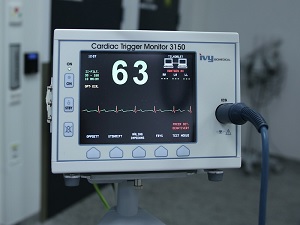 There's a mix of good news and bad news concerning the security of smart devices in general, and smart medical devices specifically. As most people are aware, the Internet of Things (IoT) has a serious problem.
There's a mix of good news and bad news concerning the security of smart devices in general, and smart medical devices specifically. As most people are aware, the Internet of Things (IoT) has a serious problem.
The overwhelming majority of such devices have little to no security and are incredibly easy to hack.
The good news is that the FDA has developed, and is continuing to improve on, an increasingly robust set of security guidelines that will shape the development of future generations of smart medical equipment. These improvements guarantee a much more robust and secure environment that will undoubtedly have ripple effects into the broader market for smart devices.
Now, the not so good news:
The current generation of smart devices has been designed to last 15-20 years, and if improvements are made to the security of those devices, it will come very slowly. Odds are good that it won't come at all, at least not in any meaningful way.
On top of that, although the FDA has made a very good start, the new guidelines are a long way from being completed. The approval process for each incremental change they make is a tortuous one. The long, convoluted process will guarantee that it's still quite some time before we have anything truly solid in place, but at least they're moving in the right direction.
The conclusion then, is unavoidable. The cybersecurity of medical devices is destined to be dangerously inadequate for at least the next two decades. Granted, we'll see incremental improvement during that time, but it's going to take a very long time for the smart medical devices currently in use to be retired and replaced by their more secure successor products.
All that to say, buckle up. It's going to be a long and bumpy ride.

